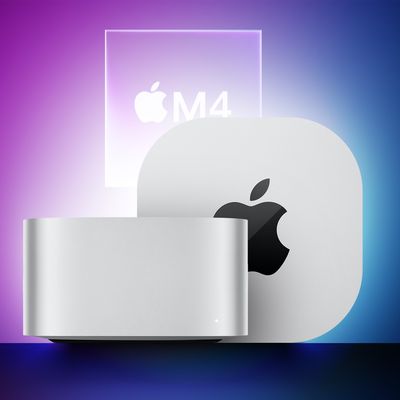Testing of iOS Browsers With Third-Party Engines Geofenced to EU
Developers who want to develop browsers for iOS with third-party engines can only test their apps on devices physically located in the EU, according to The Register.

This rule introduces a considerable barrier for developers outside the EU, who are now limited to using simulators instead of actual devices for testing their browsers. This restriction complicates the process of developing and supporting browsers with alternative engines, as on-device testing is essential to accurate performance assessment and troubleshooting. Apple's previous policy, which remains in place in other regions around the world, demands the use of WebKit for all iOS and iPadOS browsers, effectively making every browser on these platforms a variant of Safari.
Under the Digital Markets Act (DMA), Apple was designated as a gatekeeper in the European Union, compelling the company to make changes to its policies. With the release of iOS 17.4, Apple began allowing the use of alternative browser engines within the EU. However, it has now emerged that testing of browsers with third-party engines is strictly geofenced to the EU, potentially hindering the ability of developers around the world to address security issues or implement updates efficiently.
The requirements raise some practical concerns about the feasibility of supporting a separate EU browser. Some developers have pointed out that Apple's extensive list of conditions makes it challenging to comply while also ensuring that the browser remains competitive and secure.
The European Commission has launched an investigation into Apple's compliance with the DMA, focusing on the restrictive nature of its latest changes. The investigation seeks to determine whether Apple's requirements are designed to circumvent the spirit of the DMA by making it difficult for competitors to operate on a level playing field.
Popular Stories
Leaker Sonny Dickson is back today with a new dummy unit image showing all four iPhone 16 Pro color variants, including the rose gold or "bronze" unit that replaces Blue Titanium in the existing iPhone 15 Pro models. The iPhone 16 Pro models are expected to come in black, white or silver, gray or "Natural Titanium," and a rose or rose gold color replacing Blue Titanium, according to Apple...
Multiple rumors have suggested that the iPhone 16 models are going to have an all-new button that's designed to make it easier to capture photos when the devices are held in landscape mode. Apple calls the button the Capture Button internally, and it is going to be one of the most advanced buttons that's been introduced to date with support for multiple gestures and the ability to respond to ...
Apple typically releases its new iPhone series in the fall, and a possible September 10 announcement date has been floated this year, which means we are just one month away from the launch of the iPhone 16. Like the iPhone 15 series, this year's lineup is expected to stick with four models – iPhone 16, iPhone 16 Plus, iPhone 16 Pro, and iPhone 16 Pro Max – although there are plenty of design...
Apple's iPhone 16 series is expected to debut in September 2024. This release follows Apple's trend of introducing new iPhone models annually in the fall. While the exact date has yet to be officially confirmed, the day of Tuesday, September 10 has been rumored as a possible announcement date, and September has traditionally been the month when Apple unveils its latest smartphone innovations. ...
Apple is moving forward with its project to develop a tabletop robotic device, according to Bloomberg's Mark Gurman. Subscribe to the MacRumors YouTube channel for more videos. The device would feature a large iPad-like display mounted on a "thin robotic arm" that would allow the display to tilt and up and down and rotate a full 360º, and it would serve as a "smart home command center," a...
It's almost September, but Apple still has multiple new product launches planned for 2024. New iPhone 16 models and Apple Watches are coming in September, and we're also going to get at least three Mac updates with M4 chips this year, according to rumors. Here's what's on the horizon. MacBook Pro Apple plans to refresh both the 14-inch and 16-inch MacBook Pro models, adding M4 chips. The ...
T-Mobile was fined $60 million by the Committee on Foreign Investment in the US (CFIUS) for negligence surrounding data breaches, reports Reuters. CFIUS penalized T-Mobile for failing to prevent or disclose unauthorized access to sensitive customer data. When T-Mobile merged with Sprint, it signed a national security agreement with CFIUS, which is what led to the fine earlier this year....





















